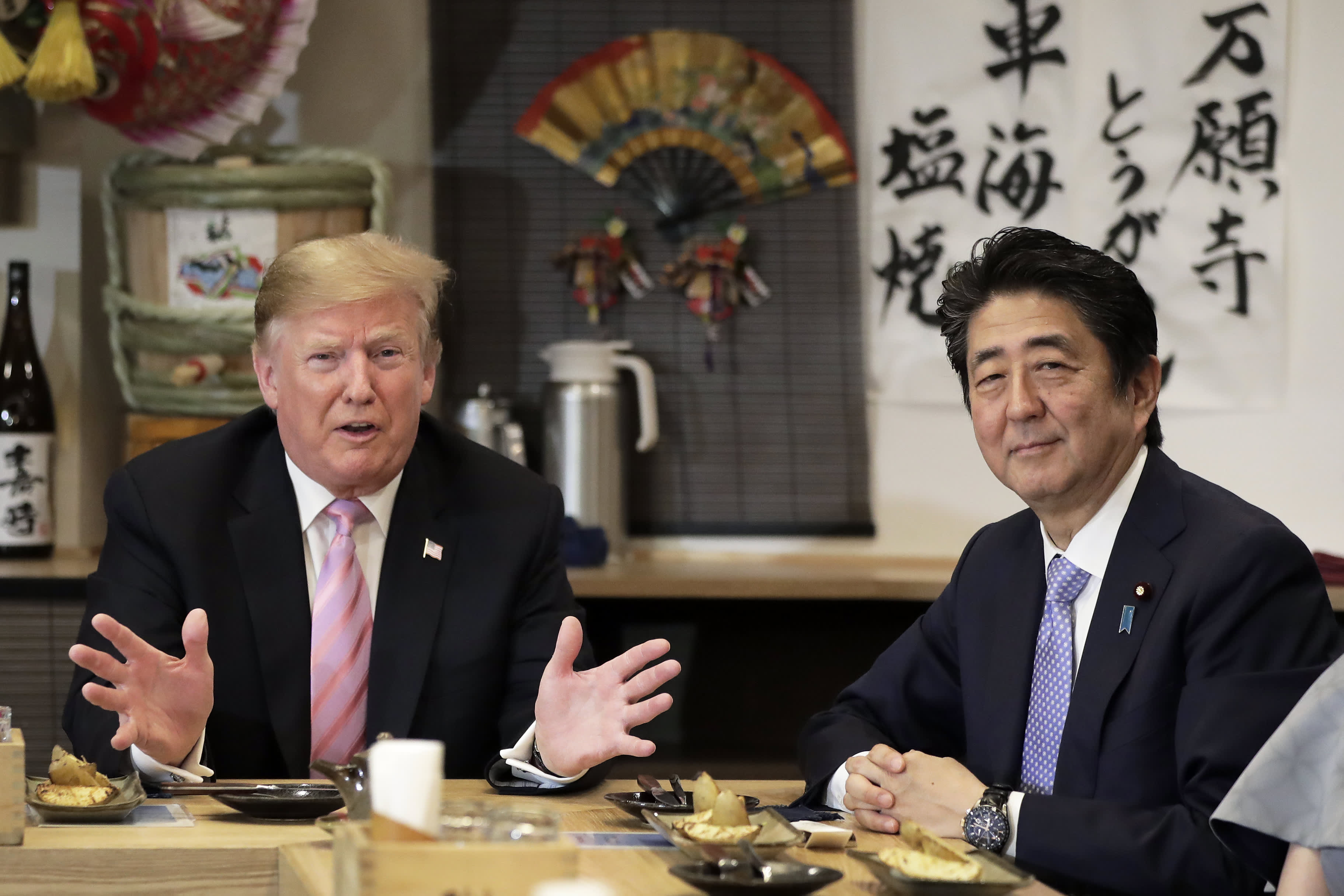- Traditional centrist parties took a drubbing, with the so-called Grand Coalition -- which consists of the center-left Progressive Alliance of Socialists and Democrats (S&D) bloc and the center-right European People's Party (EPP) -- losing 77 seats and its majority in the EU parliament. One of the key figures in the S&D is Spanish Prime Minister Pedro Sanchez, while German chancellor Angela Merkel is part of the EPP. In contrast, liberal-centrist grouping the Alliance of Liberals and Democrats for Europe (ALDE&R), which includes French President Emmanuel Macron, picked up 32 seats and will now play an important role in nominating officials for key EU positions.
- In the UK, the Brexit Party, led by arch-Brexiteer Nigel Farage, took home 31.71% of the vote. This is almost equivalent to the vote share of the Labour Party and the Liberal Democrats combined and reflects growing dissatisfaction with traditional UK parties. It's worth noting that the Brexit Party took most of its seats from the UK Independence Party, Farage's previous political vehicle.
- Spain's Socialist party recorded another strong performance following a general election win in late April, winning 32.84% of the vote. Center-right parties the People's Party (20.1%) and Ciudadanos (12.2%) came second and third as Spain bucked the general European trend towards political extremes. Far-right party Vox won just 6.2% of the vote.
- Results in France provided further evidence that a predicted surge in support for far-right populist parties did not materialize. Marine Le Pen's far-right National Rally won with 23.31% of the votes, according to the French Ministry of Interior, beating French president Emmanuel Macron's La République En Marche alliance on 22.41%. However Le Pen's vote share was a slight decrease compared to 2014, when her Front National party gained 24.86% of the vote.
- In Italy, the right-wing Lega Party, led by Deputy Prime Minister Matteo Salvini, took victory with 33.64% of the vote. Euroskeptic Salvini said that he will try to form an anti-EU bloc with Marine Le Pen and Hungary's Viktor Orban. It's unclear if that will materialize.
- Orban, Hungary's far-right nationalist prime minister, scored a huge win after his Fidesz party received 52.14% of the country's votes. That's more than three times the amount of the second most popular party, the left-wing Democratic Coalition, which received just 16.26%.
- The Green Party alliance posted its strongest ever performance in European elections, winning 70 seats and taking 9.32% of the vote -- a rise from 2014 when they took 50 seats. Much of the party's gains came from northern Europe, including the UK, Ireland, France and Germany, where young people have staged marches calling for political action over climate change.
- Greece's Prime Minister Alexis Tsipras said he would call a snap election after a poor performance for his party at European and local elections. The opposition conservative party "New Democracy" won 33.27% of the vote, with a lead over the governing Coalition of the Radical Left "Syriza", currently at 23.85%.
https://www.cnn.com/2019/05/27/europe/european-elections-takeaways-intl/index.html
2019-05-27 09:42:00Z
52780301352929




